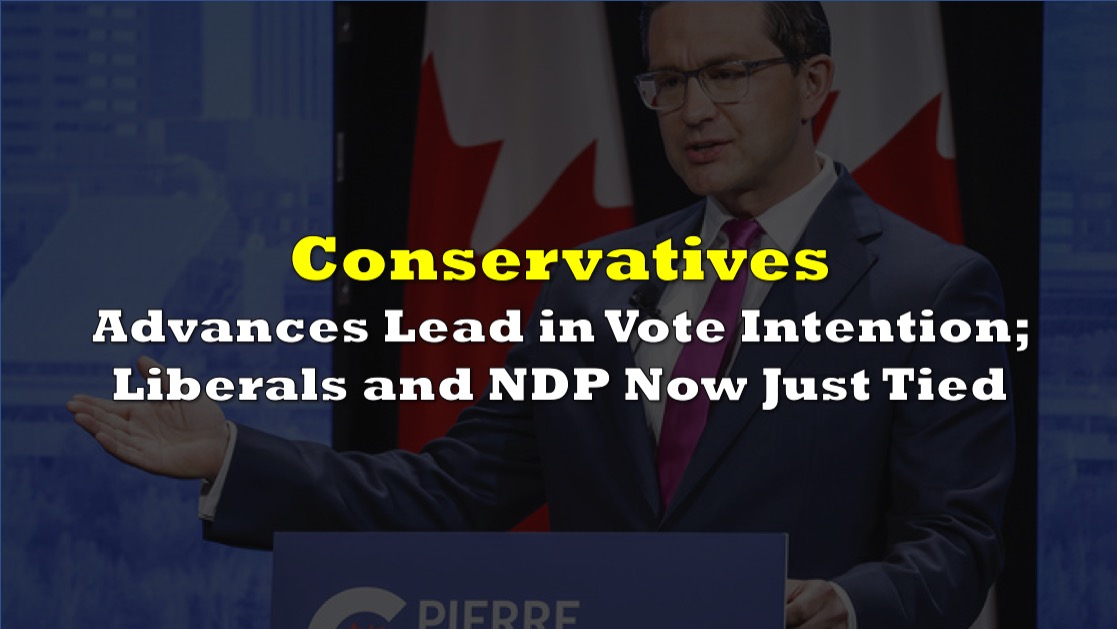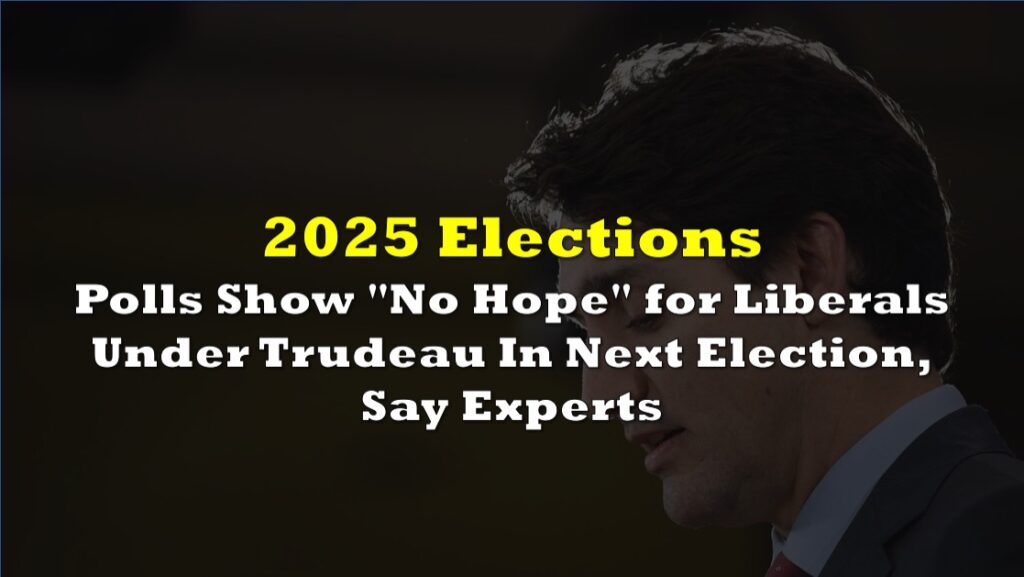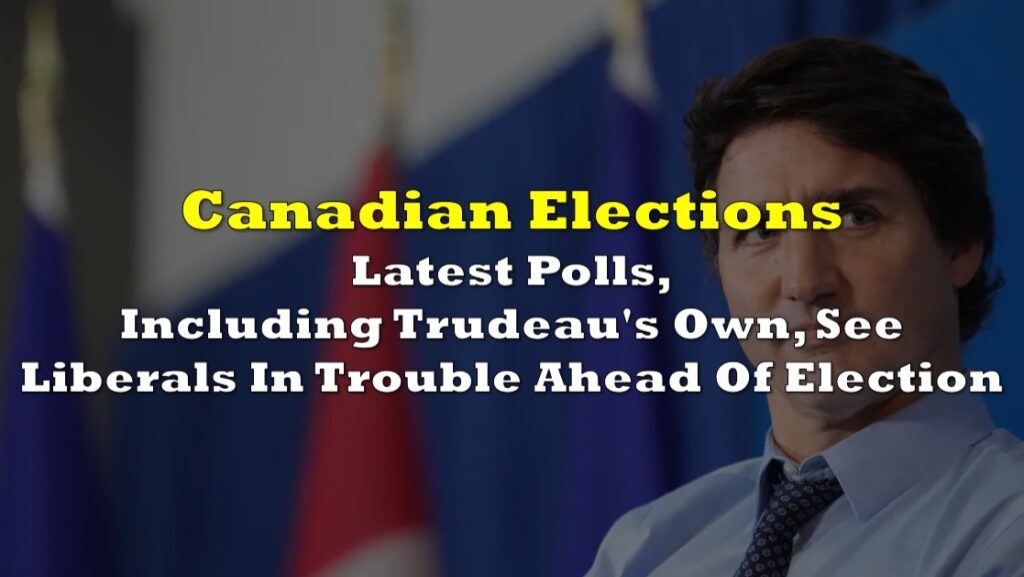As of June 2024, the Conservative Party of Canada (CPC) has solidified its lead in federal vote intention, with 42% of leaning and decided voters expressing support for the party. This marks a slight increase from previous months and highlights the continuing trend of growing support for the CPC.
The latest Angus Reid Institute poll also shows the Liberals and the New Democratic Party (NDP) now tied at 21% each, a significant shift in the political landscape as the parties prepare for the next federal election.
CPC lead in vote intent edges upwards. Libs and NDP now tied. pic.twitter.com/kVpty1rZSZ
— Angus Reid (@AngusReid) June 19, 2024
The CPC’s lead is attributed to several factors, including a consolidation of support among its base and increasing dissatisfaction with Prime Minister Justin Trudeau’s leadership. Conservative leader Pierre Poilievre remains a polarizing figure, with 37% of Canadians viewing him favorably and 49% unfavorably. Despite this, Poilievre commands strong loyalty from Conservative voters.
The Liberal Party, led by Trudeau, continues to struggle with voter retention and declining approval ratings. Trudeau’s approval has dipped to 31%, with many Canadians expressing disapproval of his handling of key issues, including allegations of election interference by China. The NDP, under Jagmeet Singh, has seen a slight increase in favorability, particularly among younger voters.
Strategic voting may play a crucial role in the upcoming election. A significant portion of NDP and Bloc Québécois voters are open to switching their support to the Liberals to prevent a CPC victory. This potential shift could impact the overall standings, though the gap between the CPC and the Liberals remains considerable at present.
Regionally, the CPC leads in key areas, including Alberta, Saskatchewan, and British Columbia. In Ontario, the CPC and Liberals are in a close contest, while the Liberals lead in Atlantic Canada and maintain a slight edge over the Bloc Québécois in Quebec.
Adding to the political dynamics is the recent debate over changes in how capital gains are taxed. According to an Angus Reid poll, about 1 in 5 Canadians expect their tax burden to increase over the next five years due to these changes. This sentiment is particularly strong among higher-income households, with 24% of those earning over $200,000 expecting to pay significantly more.
Just released new poll on cap gain tax and politics. About 1 in 5 CNDs say they expect the tax they pay over the next five years will increase as a result of this measure. Freeland will be delighted that this will hit households earning over $200,000 the most – but lots in lower… pic.twitter.com/Vhret0k2KF
— Angus Reid (@AngusReid) June 19, 2024
Finance Minister Chrystia Freeland has emphasized that the changes will primarily impact the wealthiest Canadians, aiming to address income inequality. However, there is considerable opposition across all age groups, with the highest level of resistance among those aged 45-64. Interestingly, the younger demographic (18-34) shows a high level of undecided respondents, indicating potential for the government to sway opinions with effective communication.
Experts suggest that the CPC’s continued focus on economic issues and criticism of Trudeau’s policies resonate with a substantial portion of the electorate. However, both Trudeau and Poilievre face challenges in broadening their appeal across different demographics. Trudeau’s approval ratings are particularly low among men over 34, while Poilievre struggles with favorability among women, especially those aged 18-54.
Information for this story was found via the sources mentioned. The author has no securities or affiliations related to the organizations discussed. Not a recommendation to buy or sell. Always do additional research and consult a professional before purchasing a security. The author holds no licenses.










